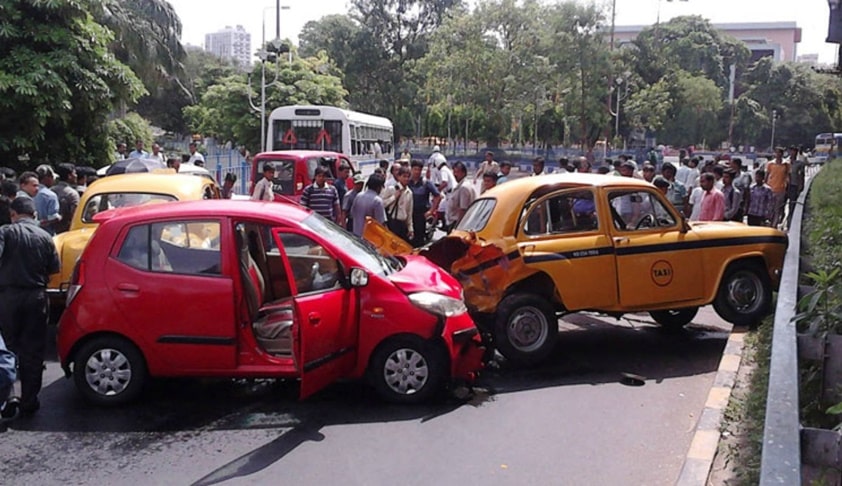- Home
- /
- Know the Law
- /
- Motor Accident Claims : 2018 Annual...
Motor Accident Claims : 2018 Annual Round Up
Manu Sebastian
30 Dec 2018 8:43 AM IST
This is a compilation of major judgments of 2018 in the field of motor accident claims compensation.Owner as per RTO records liable for accident, if transfer is not recordedIn Naveen Kumar vs Vijay Kumar and others, the SC reiterated the legal position that it is the registered owner of the vehicle as per RTO records who is liable for accident caused by the vehicle. Therefore, even if...
Next Story



